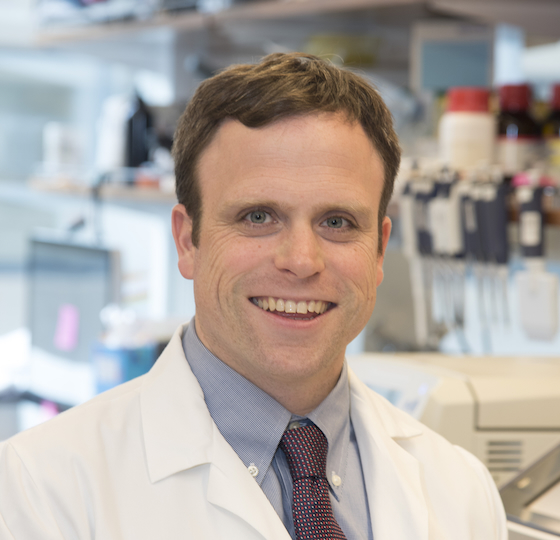
Christopher E Mason, PhD
Christopher Mason is the WorldQuant Professor of Genomics and Computational Biomedicine at Weill Cornell Medicine and the Director of the Initiative for Quantitative Prediction and the Cornell Aerospace Medicine Biobank. He is also co-Founder and scientific director at Onegevity/Thorne, co-Founder and global director at Biotia, Founder of the MetaSUB Consortium, and author of The Next 500 Years: Engineering Life to Reach New Worlds and The Age of Prediction. Dr Mason and his lab develop and deploy computational and experimental methodologies to identify the functional genetic elements of the human genome and metagenome. The Mason Lab performs research in three main areas: (1) clinical genetics, including molecular profiling of aggressive cancers, unusual diseases, and astronauts, (2) computational biology, including new biochemical and computational techniques in DNA/RNA sequencing and DNA/RNA base modifications, and (3) genome engineering for new cell, genome, and microbiome modifications. Overall, the lab aims to better understand of the functional elements of the human genome and metagenome, such that we can begin to repair or re-engineer these genetic networks for ameliorating disease and lay the foundation to enable long-term human survival.
Dr Mason has won the NIH’s Transformative R01 Award, the NASA Group Achievement Award, the International Space Station (ISS) R&D Award, the CDC Honor Award for Standardization of Clinical Testing, the Pershing Square Sohn Cancer Research Alliance Young Investigator award, the Hirschl-Weill-Caulier Career Scientist Award, the Vallee Scholar Award, the WorldQuant Scholar Award, and served on the National Academy of Sciences (NAS) Decadal Survey for NASA. He was named as one of the “Brilliant Ten” Scientists by Popular Science, featured as a TEDMED speaker, and called “The Genius of Genetics” by 92Y. He has written 4 books and >400 peer-reviewed papers, featured on the covers of Nature, Science, Cell, Nature Biotechnology, Nature Microbiology, and Neuron, as well as legal briefs cited by U.S. District Courts and the U.S. Supreme Court. Coverage of his work has also appeared on the covers of the Wall Street Journal, New York Times, TIME, The LA Times, and across many media (ABC, NBC, CBS, Fox, CNN, NASA, NatGeo). He is an inventor on five patents and five FDA-authorized diagnostic tests, has co-founded 12 biotechnology companies, serves as an advisor to 32 others, and has also co-founded 5 non-profits. He lives with his daughter and wife in Brooklyn, NY.